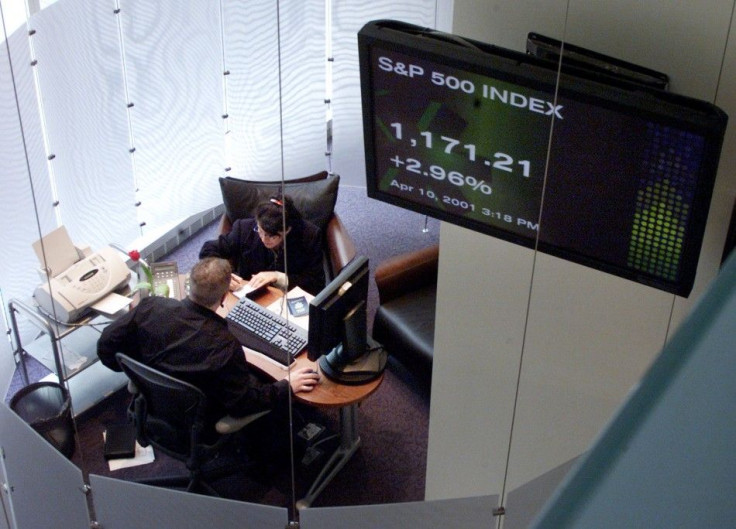Pros Move Against Mom-and-Pop Investors in December: Report

Two reports released today show two groups, retail investors and professional asset managers, have been moving in markedly different directions in the past three weeks, with the former getting out of its exposure to U.S. equities and the latter claiming it is dumping more cash into the American stock market.
First, the pros: The monthly Bank of America (NYSE:BAC) Merrill Lynch Survey of Fund Managers, which polls 290 institutional fund managers to assess their view of the global markets, found more of the respondents, by a net of 8 percent, said they were "overweight" on equities in December. By comparison, fund managers reported being "underweight" on equities in November by a net of 5 percent. In other words, institutional fund managers told the survey they had gone on a stock buying spree in the past few weeks.
Among those that specifically reported being long on equities, 23 percent said they were overweight on American stocks, up from 20 percent last month.
Their attitudes toward the performance of the companies underlying U.S. stocks has also improved, with a net 50 percent of respondents noting the outlook for corporate profits is most favorable in the U.S., as compared to global markets. This represents a moderate jump from the net 47 percent of respondents that held that view last month.
Those views contrast sharply with the way retail investors have been playing the market. According to the Investment Company Institute (ICI), a trade group of investment companies, armchair stock-pickers pulled $5.76 billion out of U.S. equities in the week ending December 7. That weekly cash exit, one of the most severe of the year, follows an equally astonishing outflow of $6.67 billion in the week ending November 30 and a wider drain of $141.7 billion for all of 2011.
ICI isn't the only group that has noted mom-and-pop investors quitting on U.S. equities. Earlier Wednesday, discount brokers Charles Schwab (NYSE:SCHW) and E*Trade (NASDAQ:ETFC) said their average trading volume had tanked in November. Volume fell some 15 percent at Schwab and 10 percent at E*Trade, when compared to the same month a year ago. TD Ameritrade (NASDAQ:AMTD) had earlier reported its trading volume had fallen some 7 percent from the month before. According to the Wall Street Journal, experts estimate that retail-level investors account for some 13 percent of all trading in U.S. equities, about 1 billion shares every day.
While some might take this as an indication that the smart money is in U.S. equities, and those leaving the market now will miss out on opportunities later, that might not necessarily be the case. Recent studies have found that, since 2008, the returns investors have gotten from letting their money be managed by many hedge funds have only been between 0 and 2 percent higher than if they had simply parked their money in notes tracking wider indices, like the SPDR S&P 500 ETF (NYSE:SPY). Because these funds generally charge management fees totalling 2 percent of assets under management and 20 percent of profits, the actual comparative returns are more likely negative.
For the time being, the investment moves by the professional investment managers have clearly dominated price movement in U.S. equities over the past few weeks. The benchmark S&P 500 index of U.S. equities is up over 2 percent since November 23.
© Copyright IBTimes 2024. All rights reserved.











